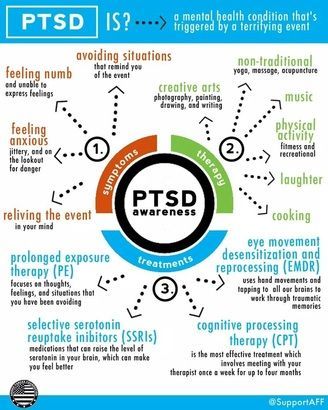Post-Traumatic Stress Disorder (PTSD) and addiction are two complex and interconnected issues that often go hand in hand. PTSD is a mental health condition that can develop after experiencing a traumatic event, while addiction is a chronic disease characterized by compulsive drug seeking and use, despite harmful consequences. Understanding the relationship between PTSD and addiction is crucial for providing effective treatment and support for individuals struggling with these issues.
PTSD and Addiction: The Connection
Many individuals who experience trauma may turn to substances such as drugs or alcohol as a way to cope with the emotional pain and distress caused by their PTSD symptoms. This can lead to the development of a substance use disorder, where the individual becomes dependent on the substance to numb their feelings or escape from their trauma-related memories.
Furthermore, individuals with PTSD may also be at a higher risk of developing an addiction due to the impact of trauma on the brain’s reward system. Trauma can cause changes in brain chemistry that increase the likelihood of developing an addiction, as the individual seeks out substances to provide relief from their symptoms.
Common Symptoms of PTSD and Addiction
Both PTSD and addiction can have a significant impact on an individual’s mental and physical health, as well as their overall quality of life. Common symptoms of PTSD may include flashbacks, nightmares, severe anxiety, and emotional detachment, while addiction symptoms can range from withdrawal symptoms to a loss of control over substance use.
It is important to recognize the signs and symptoms of both PTSD and addiction in order to provide appropriate treatment and support for individuals struggling with these issues. Integrated treatment approaches that address both PTSD and addiction concurrently are often the most effective in helping individuals achieve lasting recovery.
Treatment Options for PTSD and Addiction
There are various treatment options available for individuals struggling with both PTSD and addiction. In many cases, a combination of therapy, medication, and support groups can be effective in addressing the underlying issues contributing to both conditions.
Cognitive-behavioral therapy (CBT) is often used to treat both PTSD and addiction, as it helps individuals identify and change negative thought patterns and behaviors that contribute to their symptoms. Medications may also be prescribed to help manage PTSD symptoms, such as antidepressants or anti-anxiety medications.
Support groups, such as Alcoholics Anonymous or PTSD support groups, can provide individuals with a sense of community and understanding as they navigate their recovery journey. It is important for individuals with PTSD and addiction to have a strong support system in place to help them stay motivated and on track with their treatment goals.
Conclusion
In conclusion, understanding the relationship between PTSD and addiction is essential for providing effective treatment and support for individuals struggling with these issues. By addressing both conditions concurrently and utilizing a holistic approach to treatment, individuals can achieve lasting recovery and improve their overall quality of life.
If you or someone you know is struggling with PTSD and addiction, it is important to seek help from a qualified mental health professional who can provide the necessary support and guidance. With the right treatment and support, individuals can overcome the challenges of PTSD and addiction and regain control of their lives.
